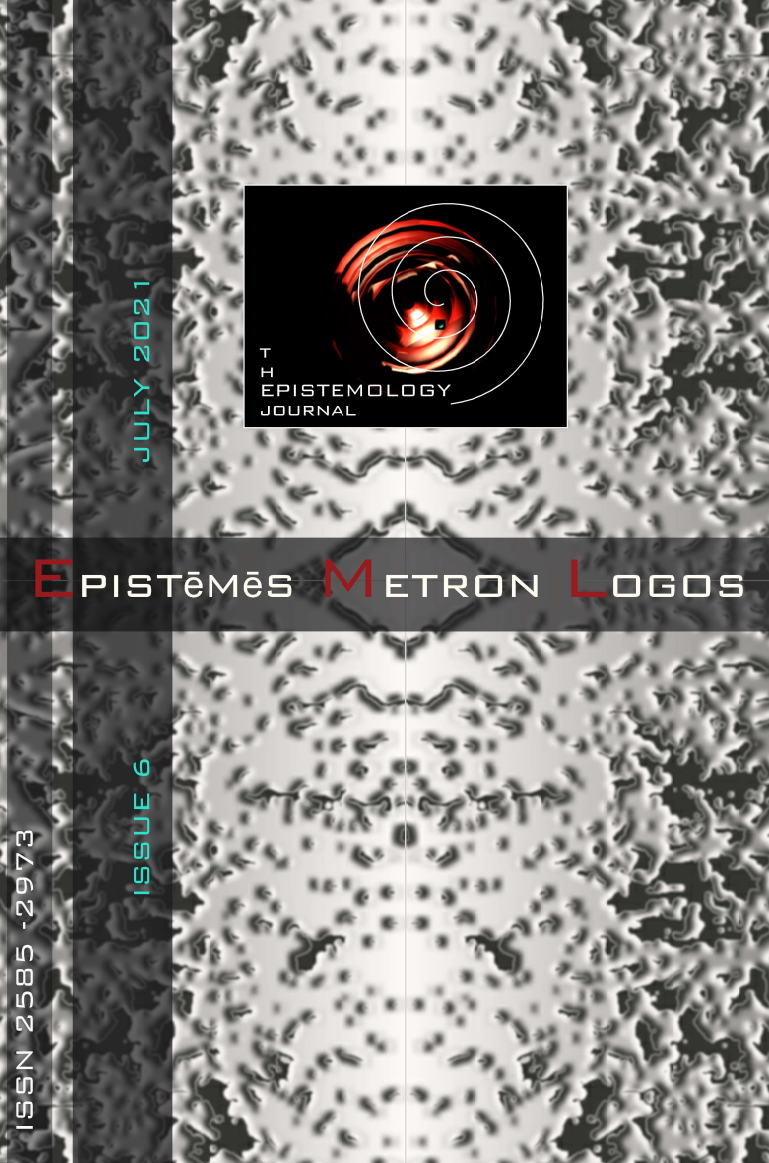Morally literate: Forging communities of moral sensitivity and care through Theatre Pedagogy
Abstract
This article presents the fundamental aspects of theatre as an art form as well as a pedagogical approach and analyzes the way they shape learning in educational settings. It, then, focuses on key features of moral literacy explaining how young learners must learn to think in the context of moral education. At the last section the article explores how Theatre Pedagogy practices can be conducive to moral literacy. It is argued that a number of aspects of multi-faceted Theatre Pedagogy, such as corporeality, experiential and playful inquiry, the aesthetic and semiotic dimension and its participatory nature among others, have a strong impact on moral understanding and should be integrated in youth’s moral education.
Article Details
- Come citare
-
Mamali, E. (2023). Morally literate: Forging communities of moral sensitivity and care through Theatre Pedagogy. Epistēmēs Metron Logos, (10), 28–41. https://doi.org/10.12681/eml.36129
- Fascicolo
- N. 10 (2023): Special Issue 10
- Sezione
- Publishing partner

Questo lavoro è fornito con la licenza Creative Commons Attribuzione - Non commerciale 4.0 Internazionale.
Authors who publish with this journal agree to the following terms:
Authors retain copyright and grant the journal right of first publication with the work simultaneously licensed under a Creative Commons Attribution Non-Commercial License that allows others to share the work with an acknowledgement of the work's authorship and initial publication in this journal.
Authors are able to enter into separate, additional contractual arrangements for the non-exclusive distribution of the journal's published version of the work (e.g. post it to an institutional repository or publish it in a book), with an acknowledgement of its initial publication in this journal.
Authors are permitted and encouraged to post their work online (preferably in institutional repositories or on their website) prior to and during the submission process, as it can lead to productive exchanges, as well as earlier and greater citation of published work.




